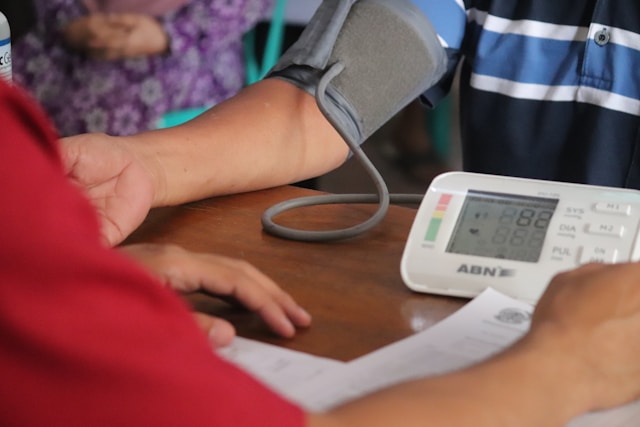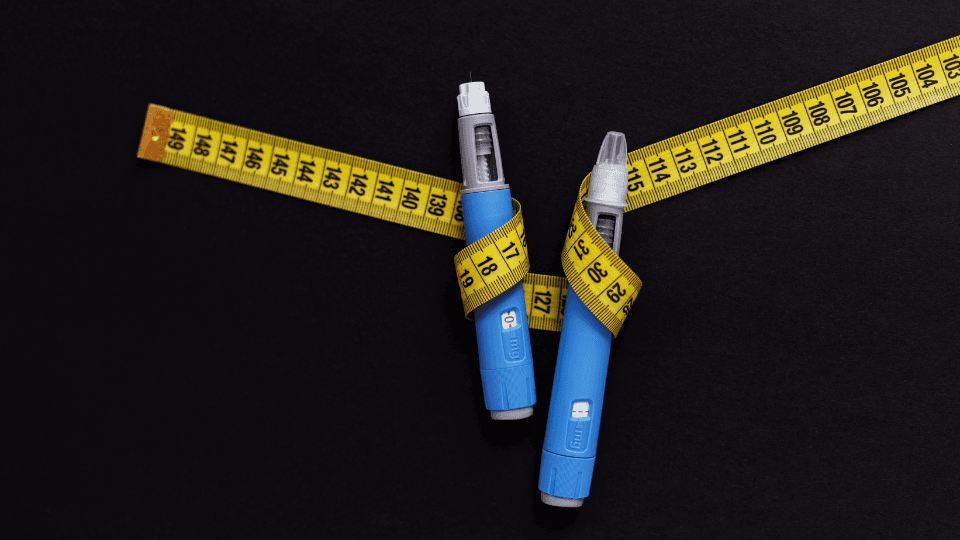Back
Feb 6, 2022
Vaccines and exercise

Megan Dempster | Medical Doctor
A question of timing
In the fight against the COVID-19 pandemic, building a strong immune system has become a focus for many people. Two key ways in which to do this is through exercise and vaccination. For many people, exercise has become a part of their lifestyle and with all the talk of vaccine mandates and booster doses happening, it can’t be denied that COVID-19 vaccinations are here to stay. While vaccines and exercise may seem like two unrelated activities, they can be aligned for optimal effect.
For those amongst us who are elite or competitive athletes, the relationship between vaccination and training is not new. Some of the important considerations athletes and their teams look at is the impact of exercise on the effectiveness of vaccines, the timing of vaccination and any potential vaccine-related side effects. Since COVID-19 vaccines are new, most of the research available on vaccination and exercise is from historical data, but further research is likely to follow soon. Whether you are a competitive athlete or a recreational exerciser, you can use these tips to benefit your immune response.
A bout of moderate-intensity exercise has been shown to be beneficial in stimulating the immune system. When exercise is performed regularly, these changes become long-lasting by enhancing the overall immune defence system. When it comes to vaccination, in studies of the general population, individuals who undertook moderate-intensity exercise before vaccination showed improved rates of vaccine efficacy. This evidence is not yet conclusive, but there have been no studies suggesting that exercise might decrease the effectiveness of vaccination.
On the flip-side, high-intensity training load and competition periods are linked to temporary immune dysfunction and increased illness risk. Various studies support the J-curve model that links upper respiratory tract infection risk (common colds, flu, etc.) with extremes in exercise workload. Therefore, vaccination during a period of immune dysfunction should likely be avoided.
Putting these two sides of the story together means that moderate-intensity is good to enhance vaccine benefit, but high-intensity exercise at the time of vaccination may be detrimental.
Besides the effect of exercise on the immune system, there is also the vaccine itself. The concern over vaccine-related side effects is warranted; fatigue, headache, muscle ache and fever are common, yet thankfully they generally last only a few days. Considering this, it may be appropriate to temporarily reduce the training load in the first three days after vaccination.
Practically what does this mean?
Taking the above into consideration, the timing of any vaccine is important for elite athletes and active individuals. For active individuals who may exercise longer over the weekend or who want to push themselves on a specific weekday, plan backwards from your exercise schedule to allow for adequate recovery and consider moderate exercise on the day of vaccination. For the competitive athlete planning vaccination within a heavy training block, strategising with a coach is essential. Look out for more research on vaccines and exercise in the future and ways to keep your immune system in top shape.
References:
Nieman, D. C. and Wentz, L. M. The compelling link between physical activity and the body’s defense system
Hull, J. H. et al. COVID-19 vaccination in athletes: ready, set, go…












